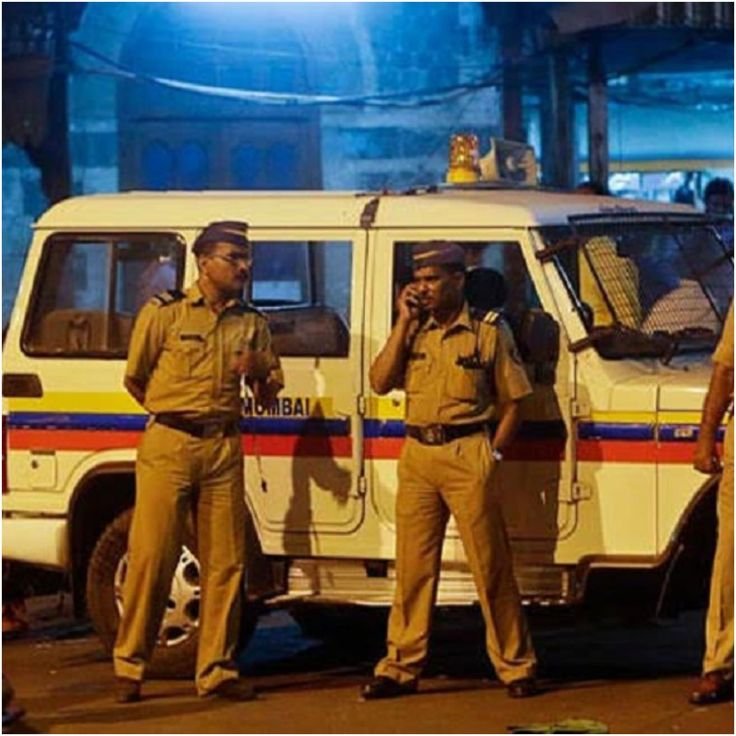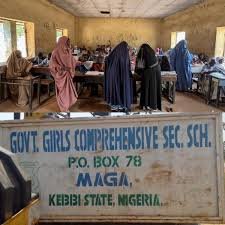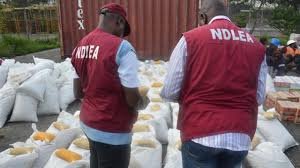The Narcotics Control Bureau (NCB) of India has reported that 106 Nigerians were among 660 foreign nationals arrested across the country in 2024 on charges of drug trafficking.
The figure places Nigerians second only to Nepalese nationals, who accounted for 203 arrests, while citizens of Myanmar ranked third with 25 arrests.
The statistics were contained in the agency’s annual report, released in New Delhi by India’s Union Home Minister, Amit Shah, at the second national conference of heads of anti-narcotics task forces from various states and Union Territories.Other nationals arrested included 18 Bangladeshis, 14 Ivorians, 13 Ghanaians and 10 Icelanders.
The NCB linked the presence of foreigners in drug syndicates to India’s geographic position between two major narcotics-producing regions—the “Death Crescent,” comprising Afghanistan, Pakistan and Iran, and the “Death Triangle,” comprising Myanmar, Thailand and Laos.“
India faces a growing challenge in combating narcotic drugs and psychotropic substances trafficking due to its geographic location between the Death Crescent and the Death Triangle,” said NCB Director General, Anurag Garg.
He added that border states such as Punjab, Rajasthan and Jammu and Kashmir were particularly vulnerable to heroin smuggling from Pakistan, while India’s northeast faced pressure from Myanmar.
Coastal routes in Mumbai, Gujarat, Kerala and Tamil Nadu, he said, were increasingly exploited for smuggling synthetic drugs.Home Minister Shah said the Indian government was determined to go beyond arresting small-scale peddlers and to focus on international cartels that run the trade.
“The time has come to bring those who run drug trade in India while sitting abroad within the ambit of law,” he said. He called for extradition arrangements to target drug traffickers and insisted that dismantling narcotics syndicates would also weaken terrorist networks.
Shah urged Indian states to adopt advanced technologies such as darknet monitoring, cryptocurrency tracking, financial flow analysis and machine learning tools to track drug cartels.

“This battle is no longer about catching small-scale drug peddlers but about targeting cartels operating at entry points, those distributing across states, and those selling in smaller markets,” he said.
The report also revealed new methods of trafficking, including the use of drones.
Punjab alone recorded 163 drone-related cases with heroin, methamphetamine and opium seized, while Rajasthan and Jammu and Kashmir also reported seizures linked to drones.
Shah said India’s fight against drug trafficking had become urgent given its proximity to regions that remain key global suppliers of narcotics. “Unfortunately, two of the regions from where drugs are supplied globally are very close to us.
So this is the time that we fight against it strongly,” he said.
Would you like me to prepare a Nigeria-focused sidebar piece highlighting how the high number of arrests has affected the country’s image abroad and what responses, if any, Nigerian authorities have given?







